The technology tools set to transform HR Management in 2019
Posted on: May 4, 2019by Ruth Brooks

According to recent research, integrating new HR tools into current workplace technology is a key priority in 2019 for 89% of HR professionals.
HR professionals currently spending 366.6 hours a year manually checking, responding to and keeping up with multiple HR applications. There’s a lack of unification, with organisations using different platforms for employee communications, recognition, applicant tracking, on-boarding and performance management – forcing both employees and HR teams to access multiple apps a day. With these workflow interruptions, it’s no wonder the research, which polled 500 HR workers across the UK, also found the top HR priority for 2019 was increasing workplace productivity.
So, which technology tools are set to transform HR management over the next 12 months?
Big data, AI and machine analytics
One technological trend that has enabled HR professionals to understand their employees better and create strategies tailor-made to their audience, as well as enhance communication, is big data. Along with other technologies such as AI and machine analytics, big data uncovers patterns or trends that deliver insights which help HR professionals make informed, data-driven business decisions. A great example of this is the current trend towards four-day weeks and flexible working hours; big data has allowed HR teams to prove to management that such initiatives can improve productivity and the wellbeing of their workforce.
Smartphone apps and other mobile tools
As employees are increasingly working on the go, smartphone apps and other mobile tools are expected to feature heavily in HR toolkits over the coming years. Companies are seeking to integrate their HR systems with mobile apps, enabling the mobilization process of HR functions, allowing employees access to things like payslips, holiday entitlement, benefits and even performance reviews on the go. The trend of developing mobile apps also streamlines the ever-evolving nature of HR functions improving efficiency and eliminating redundancy in the workflow.
Social media
Social media is a powerful tool for HR, particularly when it comes to recruitment, with businesses using social media platforms such as Facebook and LinkedIn to engage and reach potential employees through targeting the right individuals to fill specific positions. Similarly, many companies also use these social media platforms to engage with their current workforce, share the company vision and foster a productive workplace culture. Rather than using intranets, emails or other more traditional internal communication tools, using platforms that employees are familiar with and likely to use on a regular basis allows HR teams to get messages to their workforce more effectively.
Software as a service (SaaS)
With data collection and storage an immense challenge for companies, SaaS applications – where software is centrally hosted and then licensed out on a subscription model – are already taking HR departments by storm. Coupled with cloud-based storage solutions they remove information silo’s allowing increased access to relevant files and documents on top of storing them in a more organised and, perhaps most importantly, secure way. It also allows for multiple users to access the same information and can be accessed anywhere – which is ideal for businesses with multiple locations.
Conversational technology
With employees spending 30% of the day searching for information, implementing a voice-enabled system could improve efficiency and productivity by taking over common HR requests, such as checking how much annual leave an employee has left and requesting time off, so HR can focus on higher-priority projects. It can also support more complex requests such as adjustments to compensation, transfers and promotions, and as HR departments become more comfortable using it, the next step will be for it to make recommendations based on that data, such as informing managers when they might need to look at recruiting contingency workers or contractors.
For those with their sights set on top HR roles, or who simply want to gain a better understanding of HR in order to get the most out of their business, Wrexham University have developed a 100% online Master of Business Administration (MBA) Human Resource Management (HRM). Specifically designed for working professionals, the course provides the opportunity to fast-track your career by developing key business skills and gaining a deeper understanding of the HRM discipline.
With a focus on the key skills required of successful HR professionals, the programme covers aspects such as talent development, reward management, resourcing and strategic HR frameworks, giving students an insight into how essential HR management practices impact future business performance. It also covers key business disciplines including finance, strategy and marketing, developing practical and theoretical business leadership skills.
With six start dates a year, you can start whenever you are ready and there are flexible payment options and postgraduate government loans available to cover the full programme cost, for those who are eligible. This ‘anytime, anywhere’ approach to learning is ideal for those who cannot study in the traditional way, so it’s unsurprising that we’re ranked in the top 10 UK universities for employability for part-time students.





